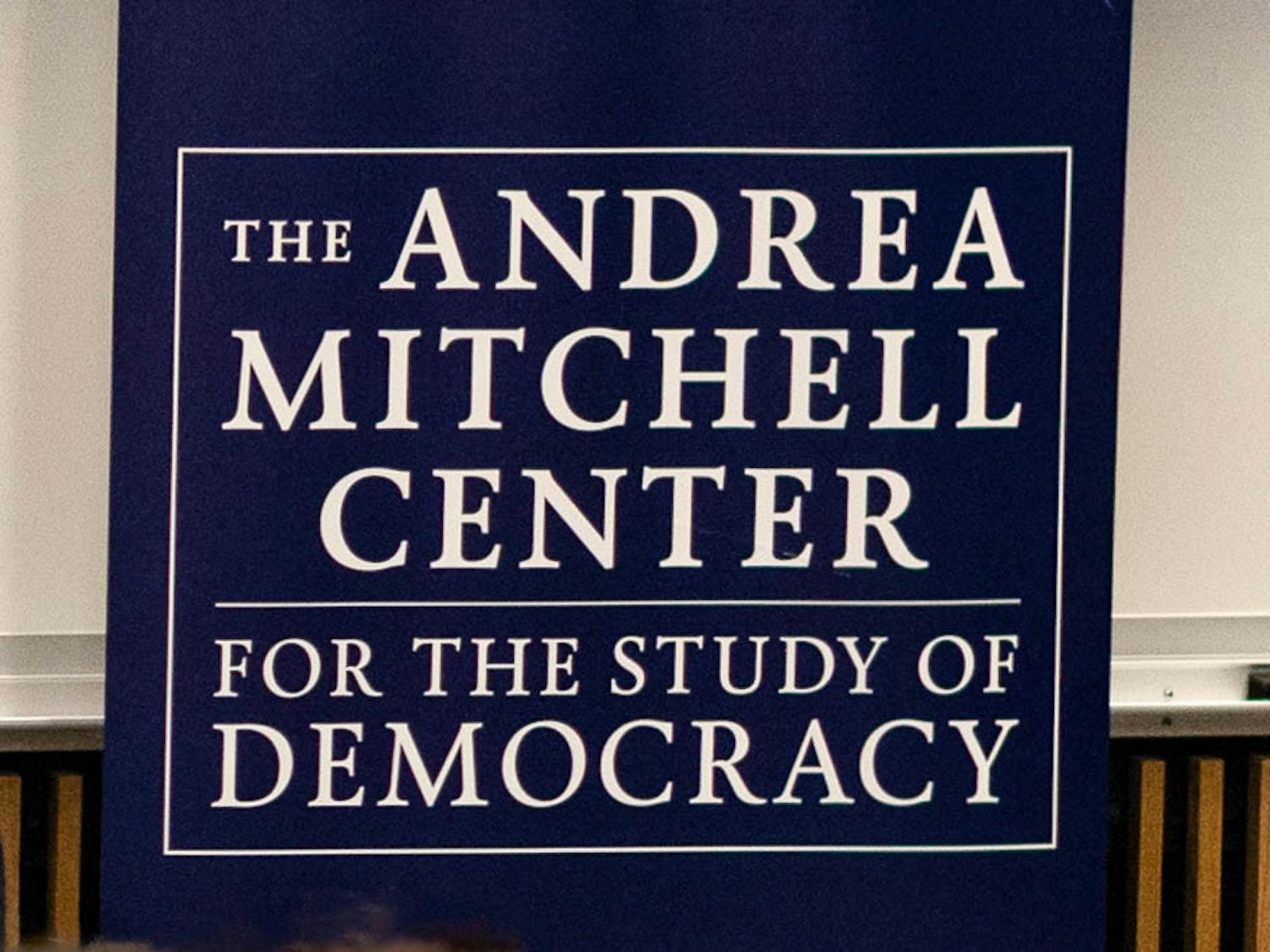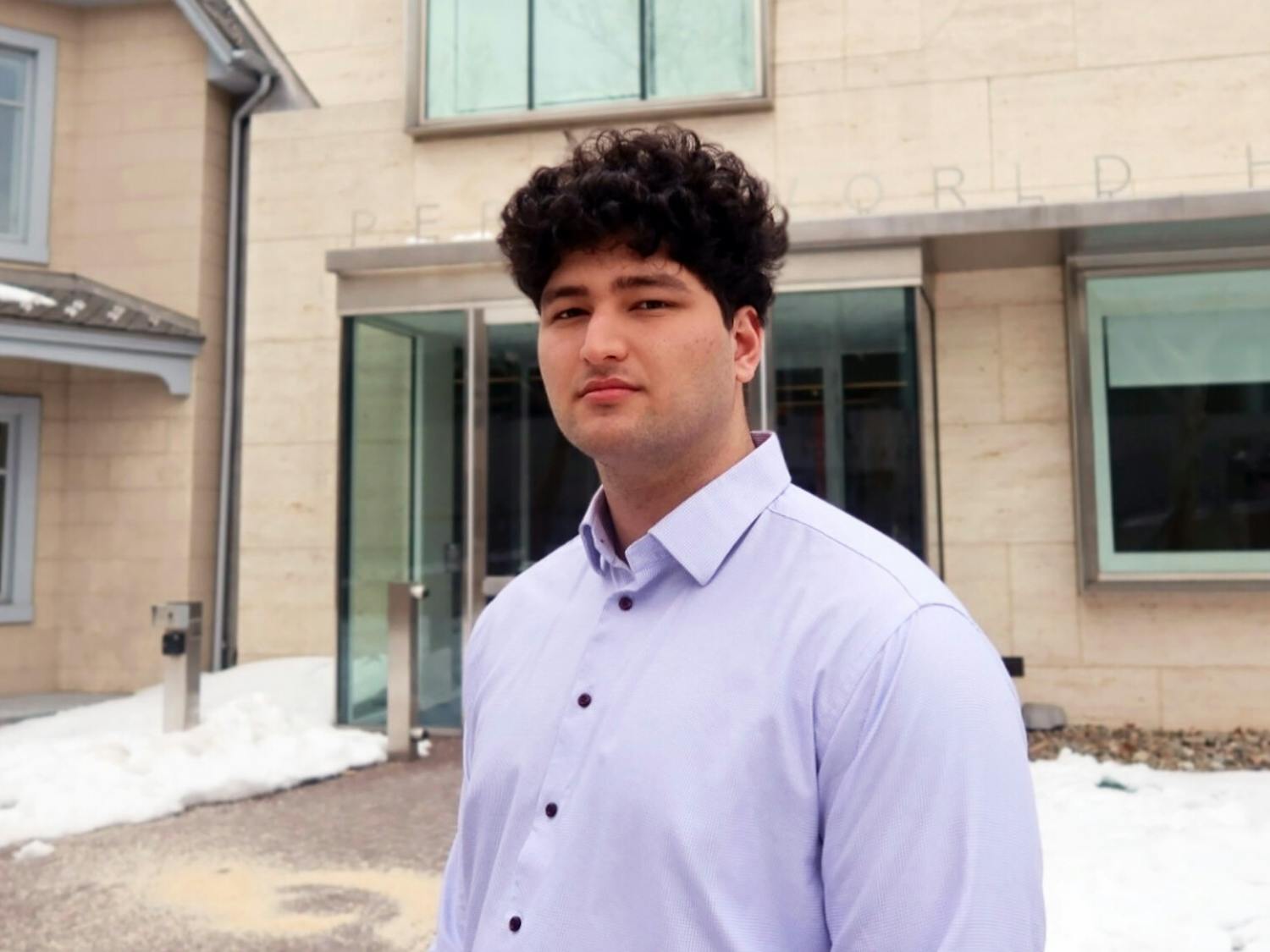Graduate Employees Together-University of Pennsylvania, a graduate student union, has sent a petition to Penn demanding that the University provide a one-year funding extension for all doctoral students.
The petition, which amassed 461 signatures, was sent to the University on March 11. In light of financial struggles caused by the pandemic, the signatories demand a twelve-month funding extension for all doctoral students without eligibility restrictions or an application process. The petition states that such funding is necessary for students to effectively perform their duties as both teachers and researchers.
The students demand a unified response from the University, noting that Ph.D. funding decisions have been left to individual schools and departments. Several members from GET-UP wrote in an October guest column in The Daily Pennsylvanian that individual school decisions are insufficient — including the School of Arts and Sciences's decision to extend funding for students in their final year, which the column's authors wrote left the majority of students behind.
The petition notes that a University-wide response is possible considering Penn announced in October that it would offer $1,200 in stipend funds for graduate students for the 2020-2021 academic year — a move students found insufficient.
University spokesperson Stephen MacCarthy and School of Arts and Sciences Dean Steven Fluharty did not respond to requests for comment.
Many Ph.D. students who signed the petition said the pandemic and obstacles to obtaining funding have significantly disrupted their research and teaching work, potentially delaying the completion of their degree.
Third-year Mathematics Ph.D. student and petition signee Elijah Gunther said he is fortunate to be able to conduct most of his research at home, but emphasized that many are not so lucky.
“A lot of people’s research has been delayed because of restrictions from the pandemic, particularly for people who need to do research in labs or research where they directly contact people, or perhaps where they need to travel to either go to conferences or meet people or do research. This past year has really delayed their research,” Gunther said.
Several Ph.D. students whose dissertations require conducting research abroad previously told the DP that they need to postpone their expected graduation date.
Fifth-year History Ph.D. student and petition signee Geoffrey Durham was conducting research for his dissertation in Russia last March when he was forced to fly home. Uncertain as to when he will be able to return, Durham now sees his original plan of graduating in 2022 as unfeasible.
“We’re approaching a year that I haven’t been able to get back into the archives and do my research," he said. "I was fortunate that I was able to complete enough research to start writing some of my dissertation, but I definitely cannot finish without going back to Russia and spending a substantial amount of time there. Definitely, this has disrupted what I thought would be the timeline to degree."
Though he has been able to secure a year of external funding, Durham fears that this major setback may eventually cause considerable financial strain.
Over the last year, fifth-year Cellular and Molecular Biology Ph.D. student and petition signee Olivia Harding has had to either limit her time in the lab or has been barred from it completely, causing delays in her research.
Even if they are able to complete their degree, Ph.D. students and petition signees fear being sent without savings into an abysmal job market. With many universities having imposed hiring freezes, Harding said her friend was among 1,100 applicants for 6 post-doctoral fellowship openings.
“The academic job market is going to be depressed for, no one knows how much time, but probably for the foreseeable future. And so there’s also the thought that institutions need to be able to help graduate students remain in the profession as that job market hopefully regenerates over time,” English professor and petition signee Paul Saint-Amour said.
The text of the petition rejects the idea that Penn has done enough to support graduate students through the pandemic, critiquing SAS's decision to only allow candidates in good standing whose funding is running out to apply for an extension.
"A true universal one-year extension has no application process and no eligibility restrictions. This is what is necessary for us to continue to do our work as teachers and researchers, and what can be justly expected from a university with Penn’s vast resources,” the petition states.
The amount of funding typically received by doctoral students at Penn differs between schools. Most doctoral students in the School of Arts and Sciences receive five years of guaranteed funding, providing students with health care and the ability to support themselves and their education as they work towards their degree. Candidates in the School of Nursing receive four years of funding, as do those in the Graduate School of Education.
Students have long argued that this is not enough even under normal circumstances, given that most Ph.D. students take longer than five years to complete their programs and are left responsible for securing external funding during their sixth year and beyond.
“These petitions and requests for universal extensions have been ways of saying to universities ‘we as graduate students feel this is what is warranted by the scale of the disruption and that less is inadequate and won’t get us across the resource chasm and the loss of time caused by the pandemic,’” Saint-Amour said.









